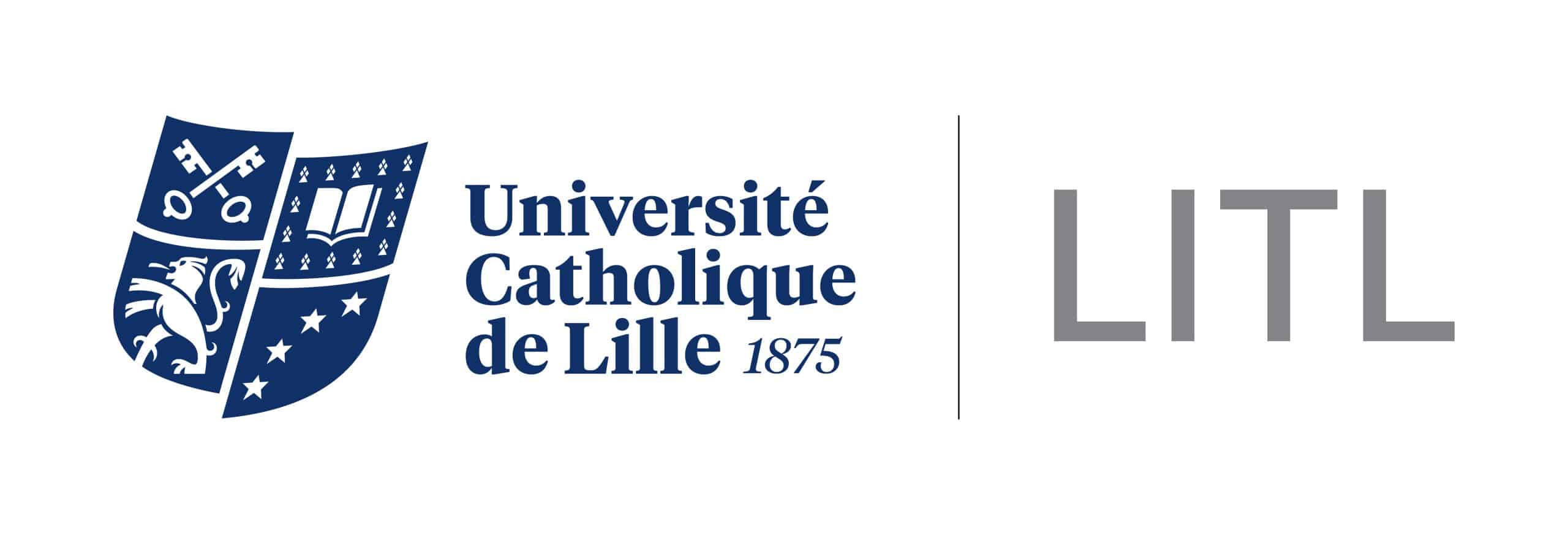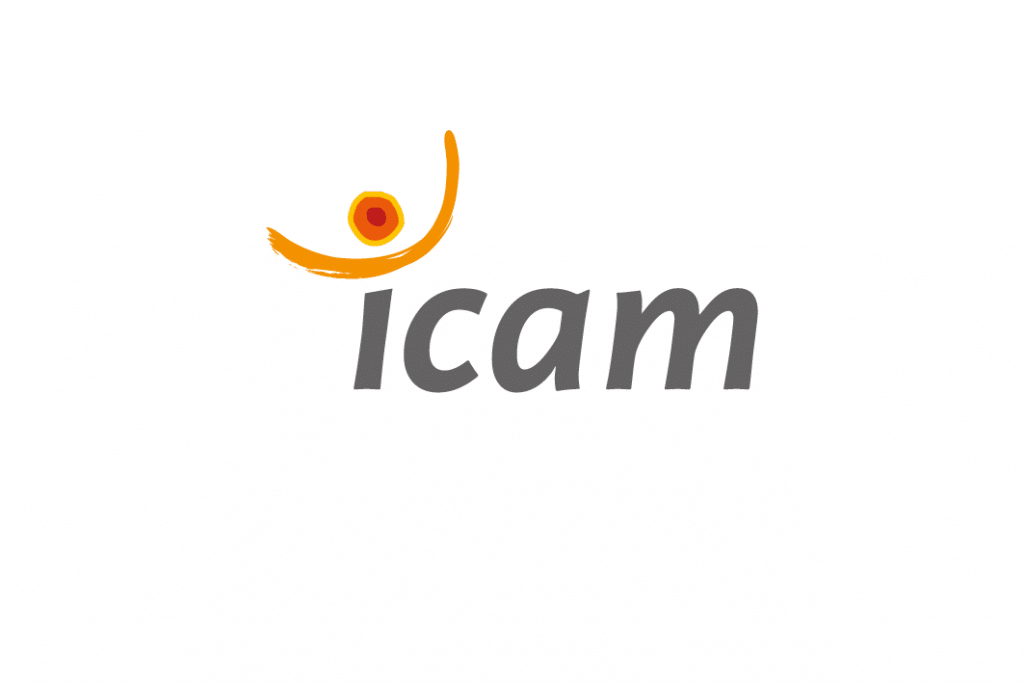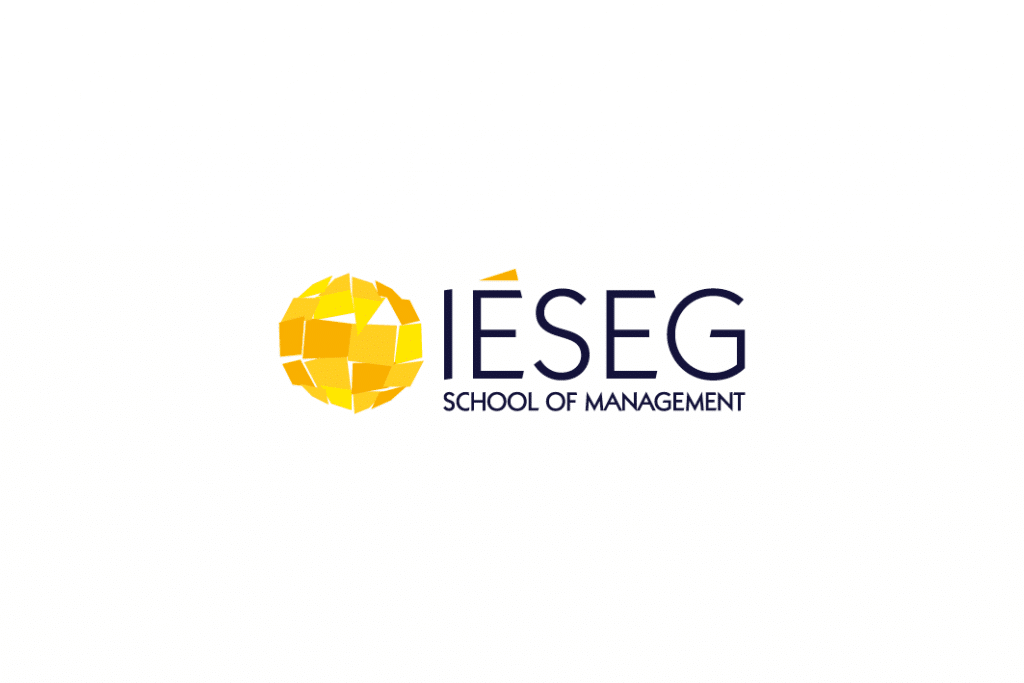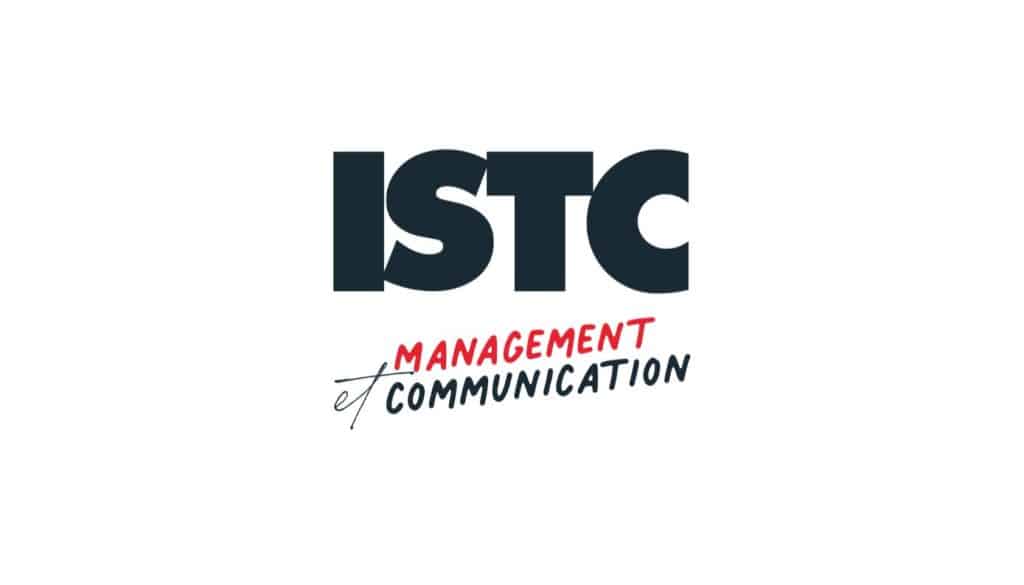The Catholic University of Lille has developed several research units and chairs that contribute to advancing knowledge and fostering innovation across various fields.
These entities serve as centers of excellence, bringing together researchers, students, and external partners to address the scientific, technological, and societal challenges of our time.
Below are a few examples illustrating the research ecosystem of the Catholic University of Lille.
A few figures ...
220 faculty researchers and researchers (individuals)
1 office for the valorization and internationalization of research, and for doctoral studies
4 research platforms and resource centers
1 scientific council bringing together directors and heads of ICL research units
6 research units, including 5 integrated into the École Doctorale Polytechnique Hauts-de-France: C3RD, ESPOL-LAB, ETHICS EA 7446, LITL, and MUSE
3 disciplinary units (Law, Political Science, Theology)
3 thematic units (Humanities, Ethics, Sustainable Cities)
Individual affiliations to: Textes et Cultures (EA 4028), Centre de Recherches Interdisciplinaires en Langue Anglaise (EA 4639), Forensic Taphonomy Unit (EA 7367), Lille Infection and Immunity Center (UMR CNRS 8204), CRISTAL Laboratory (UMR CNRS 9189), Digitorient.com (UMR CNRS 7192), and DE VISU Laboratory (EA 2445)
In details ...
Regarding the seven internally hosted research units, one of them is linked to EDHEC, specifically in the field of finance.
Of the six other units, all hosted by ICL, three are disciplinary in nature: C3RD (Law), ESPOL-LAB (Political Science), and Théologie et Société (Theology); the remaining three are multidisciplinary: ETHICS – EA 7446 (ICL, ISTC; Ethics and Behavioral Evolution), LITL (ICL, JUNIA, with ESPAS-ESTICE; Transitions), and MUSE (ICL; Humanities and Geopolitics).
The research units C3RD, ESPOL-LAB, ETHICS – EA 7446, LITL, and MUSE are members of the École Doctorale Polytechnique des Hauts-de-France (ED PHF), the doctoral school of the Université Polytechnique des Hauts-de-France (UPHF).
This integration is part of a project-based alliance established between UPHF and the Catholic University of Lille – 1875 (Decree No. 2022-304, March 1, 2022). ICL acts as the lead institution for the University in this alliance, which focuses on implementing joint projects to develop various fields of activity. In terms of research, the creation of the ED PHF lies at the heart of this alliance.
Finally, ICAM faculty researchers are members of various regional research units. It is also worth noting that the ICL Hospital Group has a Clinical Research and Innovation Office (DRCI), and that ICL collaborates with the Association Centre Feron-Vrau to develop research activities with an academic orientation.
The Rsearch Units of the ICL
C3RD : Centre de Recherche sur les Relations entre les Risques et Le Droit (Faculté de Droit)
The C3RD is the Research Unit of the Faculty of Law. Established in 2006, it currently has over 50 members, the large majority of whom are legal scholars (private law and criminal sciences, public law, history of law), alongside several political scientists and economists. It hosts 11 PhD candidates.
Its research priorities lie primarily within legal sciences, particularly focusing on the relationships between risks and the law. The laboratory’s scientific ambition is to identify the consequences of integrating the concept of risk into the evolution of law, as well as to study how law can respond to the emergence of risks, whatever their nature (technological, health-related, security-related, environmental, social, etc.).
The unit also examines how legal rules (or their absence) can themselves generate certain risks, primarily related to legal uncertainty. Research at C3RD is structured around two main axes, approached through multidisciplinary methods to ensure original scientific analysis:
-
Risk Management through Law
-
Risks of Law
Through the prism of the relationship between law and risk, the aim is to explore how law, as a regulatory norm, is sometimes endowed with the functions of a tool rather than a framework of values, or vice versa.
Three research chairs are associated with C3RD:
-
Ethics, Health, and Digital Law Chair (with ETHICS EA 7446)
-
Compliance, ESG & Sustainability Reporting Chair (with LITL)
-
Childhood and Families Chair
ESPOL-LAB : European School of Political and Social Sciences (ESPOL)
ESPOL-LAB is the research unit of ESPOL. It brings together a team established in 2012, which currently includes 29 members, including 3 PhD candidates. Politics is its central object of investigation and analysis. The exploration of the boundaries of politics and the relationship between politics and social life lies at the heart of ESPOL-LAB’s scientific project. What is the real scope of political decision-making? What drives it? To what extent does politics still relate to the mechanisms of social regulation? Should it? The apparent fragility of the contemporary state, intensified by the fragmentation of identity allegiances, the increasing globalization of economies, and the emergence of new forms of violence and governance, highlights the difficulty of organizing social relations and giving meaning to collective life.
Nevertheless, even if the modern state may no longer appear as the exclusive framework within which common rules are developed and transformed, it still retains unparalleled appeal and the capacity to orient and structure the future of societies. In this context, ESPOL-LAB aims to shed light on political decision-making processes, their normative foundations, and the constraints they face, as well as the continuously evolving relationships with territory and violence. The team represents the main subfields of political science, including public policy, international relations, comparative politics, history of political ideas, and political theory.
Research at ESPOL-LAB is organized around three thematic axes, all aimed at examining the contemporary transformations of politics:
-
Quality of Democracy
-
Reconfigurations of the International
-
Policies of the Anthropocene
Europe constitutes a structuring dimension of ESPOL-LAB’s research and is present across all three thematic axes.
ETHICS EA 7446 : Experience, Technology & Human Interactions, Care & Society
Over more than four decades of research in ethics conducted at the University, the ETHICS Research Unit (EA 7446) — Experience, Technology & Human Interactions, Care & Society — was established in 2016. Its ambition is to develop a comprehensive, scientific, multidisciplinary, and multi-method approach to understanding humans, human and social interactions and behaviors, and the ethical questions they raise. With a strong focus on empirical and contextual approaches (Experience) that respond to and inform theoretical and foundational questions, the Unit addresses major issues related to the stabilities and transformations of the contemporary world.
Particular attention is given to the role played by the tension between technological evolution and human interactions (Technology & Human Interactions), as well as to questions relating to “care” for individuals, society, and living beings (Care & Society). ETHICS EA 7446 brings together over 100 faculty researchers, researchers, and clinical academic researchers, 11 PhD candidates, and integrates approximately 15 different disciplines.
The Unit collaborates with PIKTURA (School of Image), ISTC (School of Communication), ESSLIL (School of Social Sciences), FMMS (Faculty of Medicine, Midwifery, Health Sciences), and FLSH (Faculty of Arts and Humanities). ETHICS EA 7446 is also engaged in the Chair in Technosciences and Faith in the Era of Integral Ecology (with Théologie & Société) and in the Chair in Law, Ethics, and Digital Health (with C3RD).

LITL : Laboratoire Interdisciplinaire des Transitions de Lille (Faculté de Gestion, Économie et Sciences et JUNIA)
LITL is a research unit established in 2023. Co-hosted by the Faculty of Management, Economics and Sciences and JUNIA, the Unit brings together 50 faculty researchers from the social sciences and engineering fields, as well as 11 research engineers, engineers, study officers, and technicians, and 3 PhD candidates. Its scientific project is structured around three main axes, each addressing specific societal challenges:
-
Intelligent and Connected Digital Systems – including security and privacy protection, health and well-being, and intelligent systems serving users.
-
Environmental Transitions and Ecosystems – including human-biodiversity interactions, rational use of natural resources, and impact-driven investment.
-
Territories, Cities, and Societies – including agricultural systems and territories, behavior, markets, and consumption, and sustainable cities and buildings.
LITL is also engaged in the Research Chair on Compliance, ESG & Sustainability Reporting (with C3RD).
MUSE : comMUnication, Société, Environnement (Faculté des Lettres et Sciences Humaines)
The 44 faculty researchers and PhD candidates of the Faculty of Arts and Humanities (FLSH) conduct their research activities within two structures:
On the one hand, the PSyCOS team (Social and Cognitive Processes in Organizations and Health), a member of ETHICS EA 7446, which brings together faculty researchers in social psychology and cognitive neuroscience.
On the other hand, FLSH has established its own multidisciplinary research unit, MUSE (ComMUnication, Society, Environment), created in 2023. Bringing together eight disciplines from the humanities and social sciences, MUSE aims to understand humans through their environments and the heterogeneous evolution of societies.
The research unit is structured around three axes:
-
Axis 1 – Media, Texts, Images: examines the economic, socio-symbolic, cultural, and ethical issues underlying the uses, representations, regulation, and functioning of media devices and systems.
-
Axis 2 – Identities, Alterities, Cultures: focuses on the study and correlation of psychic, territorial, geographic, artistic, and linguistic movements, with an emphasis on identity and its construction, as well as its links to belonging.
-
Axis 3 – Emerging Worlds: both a thematic axis and a Research Chair (CReME); its objective is to identify, analyze, compare, and conceptualize — based on real-world phenomena — the categories, taxonomies, and developmental trajectories present, as well as the new expressions of power induced by emergence, which current research either confirms, challenges, or nuances.
ThéoS : Théologie & Société (Faculté de Théologie)
The “Theology and Society” Research Unit of the Faculty of Theology hosts 15 faculty researchers from theology, philosophy, and religious studies, as well as 18 PhD candidates. Research activities are organized around three main areas, within which disciplinary approaches engage in dialogue: anthropology, ethics, and integral ecology. The majority of the Unit’s faculty, whose expertise spans philosophy, exegesis, theology, ethics, history of religions, religious studies, and canon law, is integrated into the multidisciplinary thematic research group “Vulnerabilities of Living Beings? Theological and Philosophical Perspectives.”
In addition, two research networks are dedicated to specific topics and include researchers from several institutions in France and abroad: the first examines the role of animals in contemporary societies, and the second focuses on genocide studies and Holocaust studies.
Finally, two research chairs are affiliated with the Faculty of Theology: the Rodhain Chair and the Chair in Sciences, Technosciences, and Faith in the Era of Integral Ecology (in collaboration with ETHICS EA 7446).
Find other Research Units from some of our institutions below:












